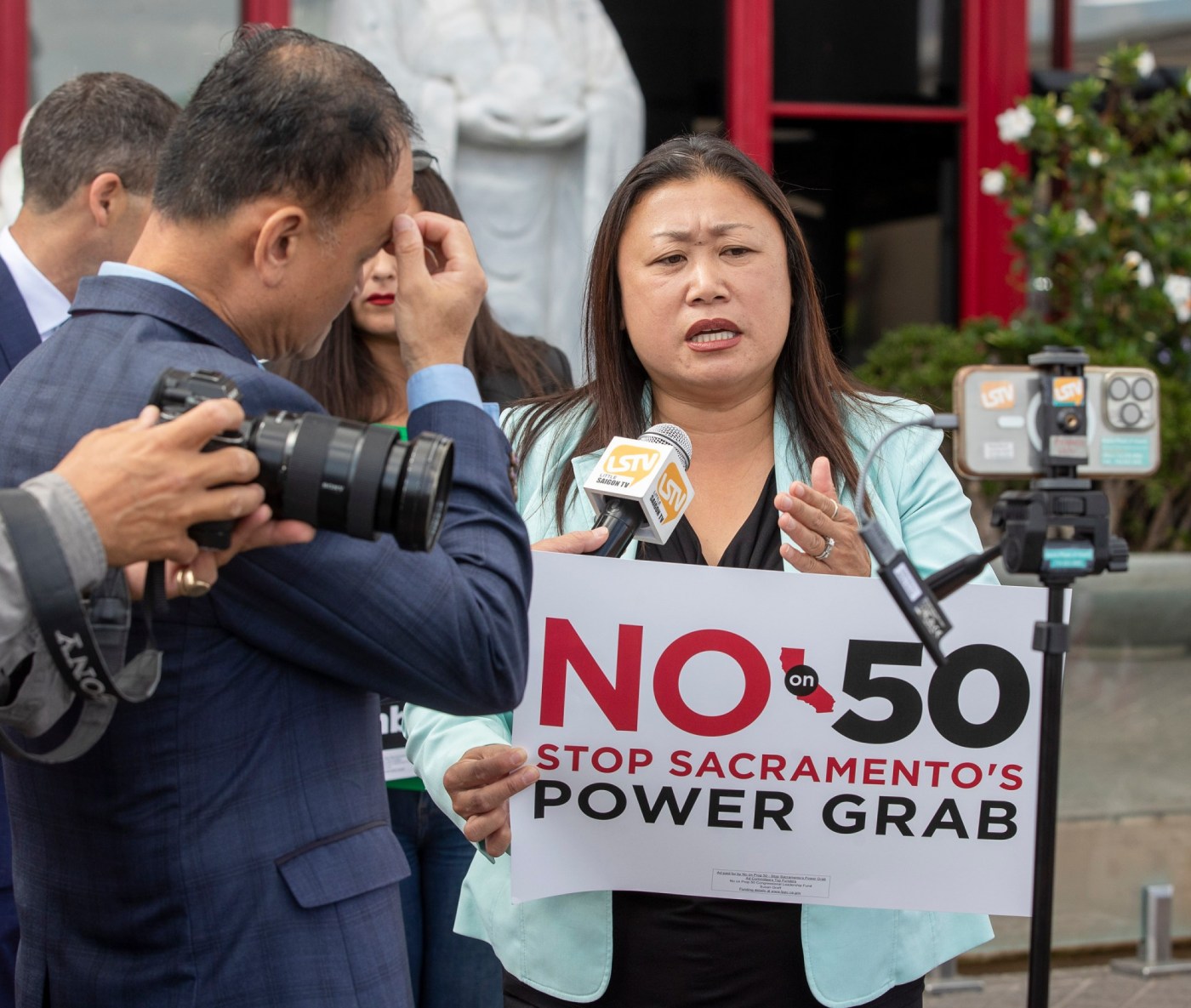The upcoming vote on California’s Proposition 50 has ignited significant debate, particularly concerning its implications for fair elections. Scheduled for a special election, this proposition seeks to replace the congressional district maps currently drawn by the independent Citizens’ Redistricting Commission with maps that critics argue would favor partisan interests.
Former Illinois Speaker of the House, Michael Madigan, who is due to report to prison on October 13, 2023, has become a focal point in this discussion. Madigan, sentenced to seven and a half years for bribery and conspiracy, is often cited as a prime example of how gerrymandering can distort political representation. According to Patrick Andriesen of Illinois Policy, Madigan’s legacy of manipulating electoral boundaries has allowed Democratic lawmakers to maintain control over their districts, effectively choosing their voters.
In California, Governor Gavin Newsom appears to draw inspiration from such practices as he advocates for strategies to regain Democratic power nationally. With recent redistricting in Texas complicating these efforts, Newsom’s administration is pushing for a reevaluation of how California’s voting districts are drawn. This has led to calls for a constitutional amendment, which would require voter approval to overturn the existing structure established by California voters in 2008 and 2010.
The Citizens’ Redistricting Commission was created to ensure that district maps reflect community interests rather than political agendas. This commission aims to involve the public in the redistricting process, maintaining that district lines should unite communities with similar needs. Critics of Proposition 50 argue it disregards this mission, with proposed maps potentially separating conservative rural areas, such as Modoc County, from more liberal coastal regions like Marin County. This disconnect raises concerns about whether the voices of all constituents will be effectively represented.
Proponents of Proposition 50 frame their arguments around the need to enhance democracy and ensure fair elections. However, critics contend that the measure is more about consolidating power for the Democratic majority. The proposition could lead to the creation of maps that strategically benefit politicians rather than the electorate.
This push for redistricting aligns with broader trends across the United States. Many states, including Missouri and Kansas, are revisiting their congressional maps, often with the aim of bolstering their partisan representation. The implications are significant, as more states consider mid-decade redistricting initiatives, potentially altering the political landscape in ways that prioritize party advantage over fair representation.
Financially, the costs associated with Proposition 50 are also under scrutiny. The special election could demand an expenditure of $280 million from the state budget, raising questions about the timing and necessity of such an investment, especially during a budget emergency.
As the election approaches, the stakes are high. Voters are being urged to consider the implications of their choices carefully. Those who oppose the proposition advocate for a firm “no” to maintain the integrity of the redistricting process and ensure that electoral maps reflect the will of the people rather than the ambitions of politicians.
In summary, Proposition 50 represents a critical moment in California’s political landscape, reflecting broader national trends in redistricting and the ongoing struggle over electoral integrity. The outcome could have lasting implications for both local and national elections in the years to come.
